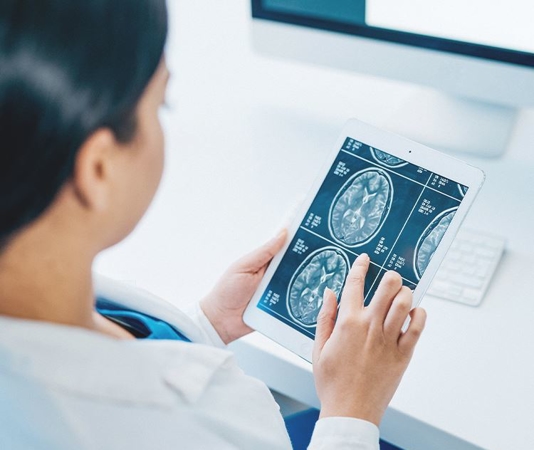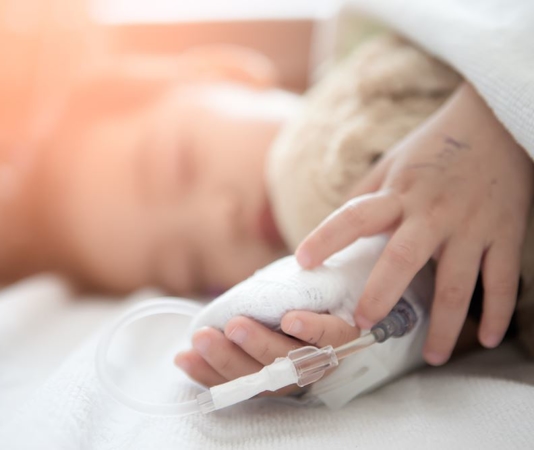Brain InjuriesBrain Injury AdvocatesTraumatic Brain InjuryTraumatic Brain Injury Is Associated With Lower Functional Independence Among Patients With Preexisting Stroke.
Cerebrovascular accident, commonly known as stroke, causes an estimated 2.4% of all self-reported disabilities in the United States and can result in deficits in cognition, mental health, and sensorimotor function. Additionally, motor instability, weakness, and sensory loss following a stroke leaves individuals vulnerable to orthopedic injuries and traumatic brain injuries (TBI). Furthermore, neuroinflammation caused by...







